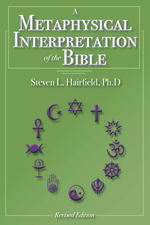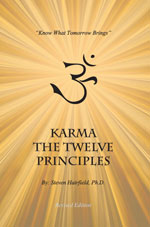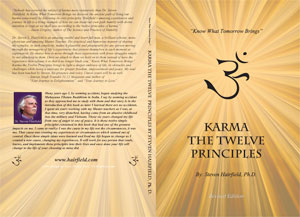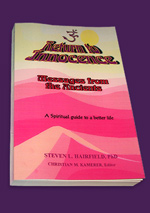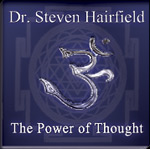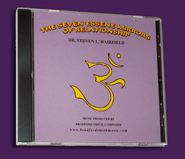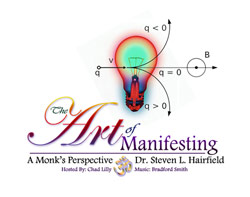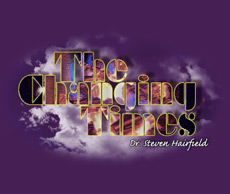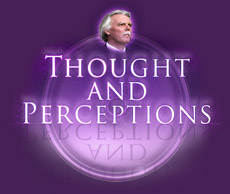I finished reading your book “A Metaphysical Interpretation of the Bible” I was so inspired. I have never had such an appreciation for the Master Jesus’, teachings as I do now. I am in a deep state of gratitude for being led to read this work you have provided. - Rev. Dr. Charlene M. Proctor Author Oneness Gospel: Birthing the Christ Consciousness and Divine Human in You
In “A Metaphysical Interpretation of the Bible”, Dr. Steven Hairfield brings together the Christ Consciousness with the man, Jesus. If you are looking for an expansive yet definitive explanation of The Bible, then “A Metaphysical Interpretation of the Bible” will fulfill your greatest expectations. -Avis Attaway, Author of “The Image Maker”
It is not very often that one reads a truly great book with the clarity of insight that can heal us and to help us evolve into the depth of being the divine creature that we are. “A Metaphysical Interpretation of the Bible” does just that. It is a wonderful blend of Buddhism, Hinduism, Christianity, and metaphysics and is ideally suited to each reader according to his or her chosen path. This book is a very profound book to read, very eye and mind opening leading to a new level of personal experience with out being preachy or pretentious, he is sincere and very authentic in is writing style. Humanity owes it to itself the gift of this book as a teaching aid for going within to discover the “Nature of Being as It Is” infinite and eternal. - Douglas H. Melloy author of: Love and Wisdom, the Art of Appropriateness
This book is written with the sincere conviction that it will convey a message other than the one we have been led to accept about Biblical and other ancient texts. It may change your experience in the way you view life and the concept of God and religion, as well as your relationship with those beliefs. This book is about ancient principles contained in the Bible and many other documents inscribed long ago, such as the Nag Hammadi Library and the Dead Sea Scrolls. Words paint mental pictures that enfold in our minds, and we call this “getting answers”. At times, we take these images as the only truth there is, since we can see or imagine it. We base this personally conceived truth on what we learn in life.
Should we not ask ourselves: what if all this is based on falsehoods? These mental illustrations – that we call “thoughts” – are founded solely on what we have seen or read. Most of the time, we compare them, and in this fashion, we develop personal beliefs according to our choices. This practice is not specifically reserved for the individual. It spreads throughout our society, when each and every human experiences the same event or feeling, or reads a similar book. As a result, the collective mindset – sometimes called the “over mind” - now generates large-scale belief systems that, in time, we have termed as “religion”. Entire nations have been known to bond in the same creed. Even when founded with the best of intentions, these systems tend to bind us as a group, with one mindset going in one direction, while offering no other alternatives. In some respects, this direction may not necessarily be the best or ideal goal toward which we can journey. It does limit us in the centuries-old matter pertaining to God or the God Head, and it affects our individual experience. It also influences what we know about the ancient teachers and prophets of long ago.

